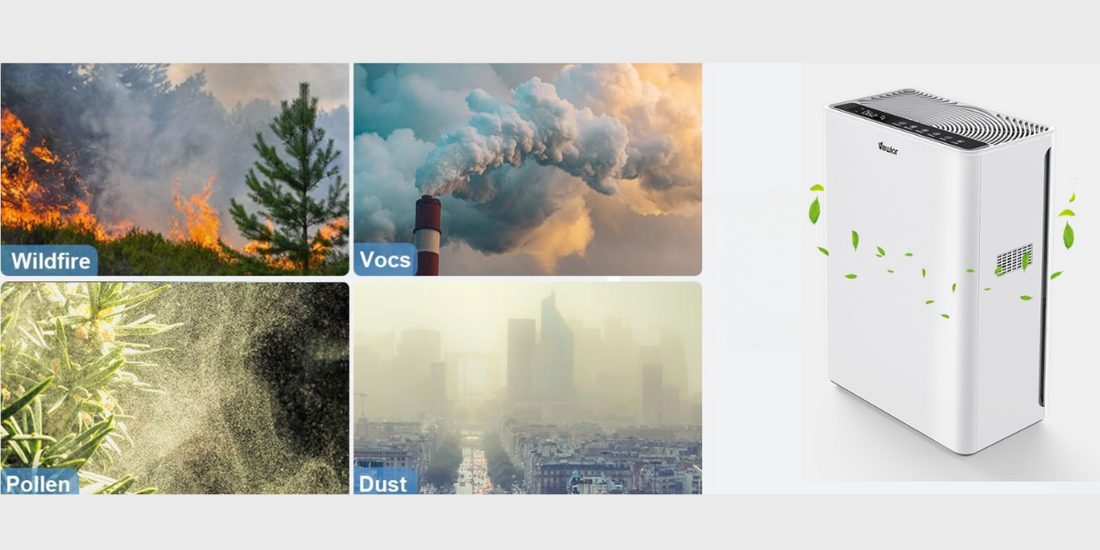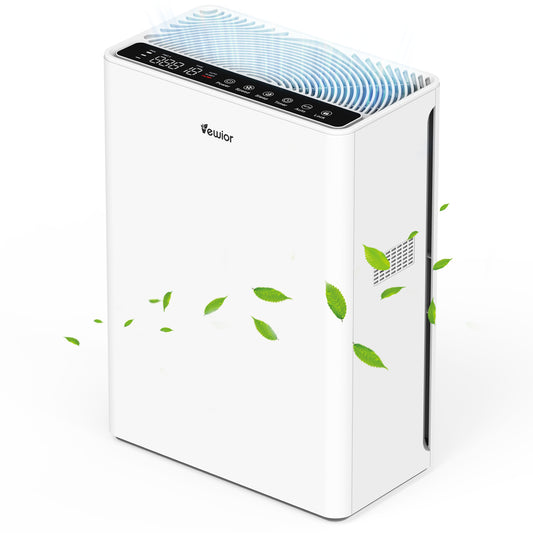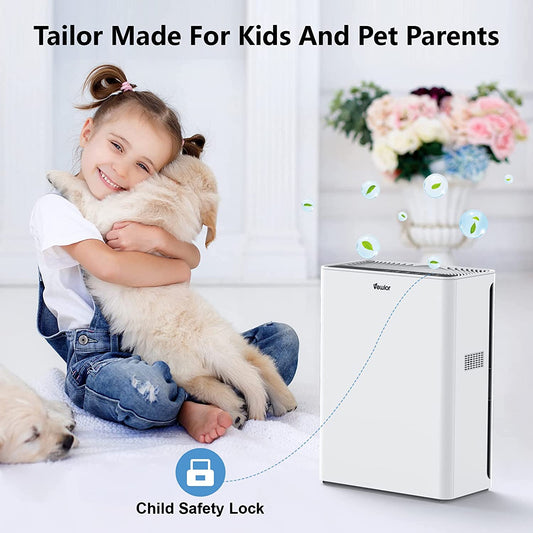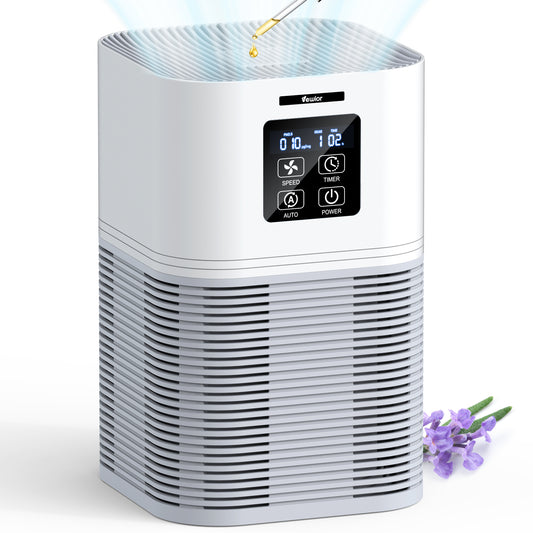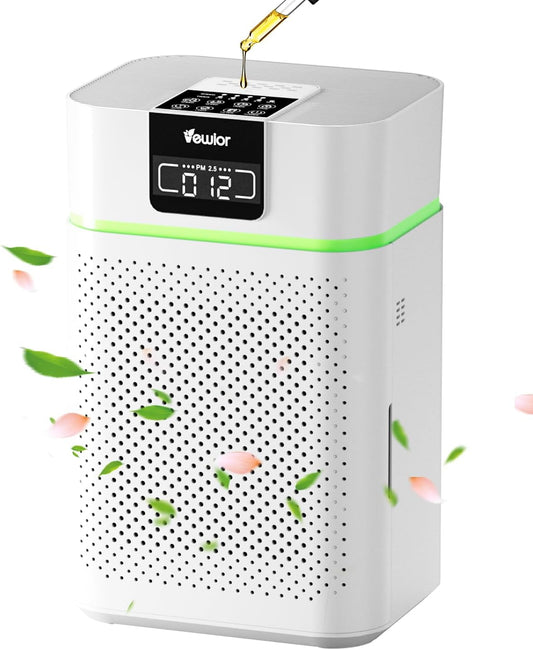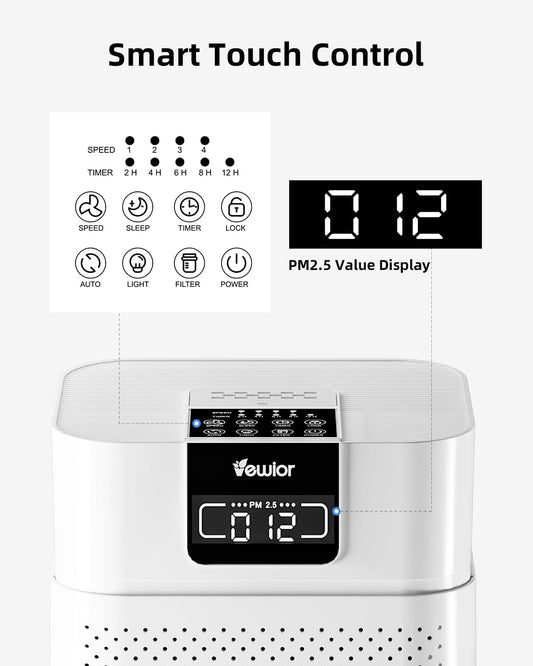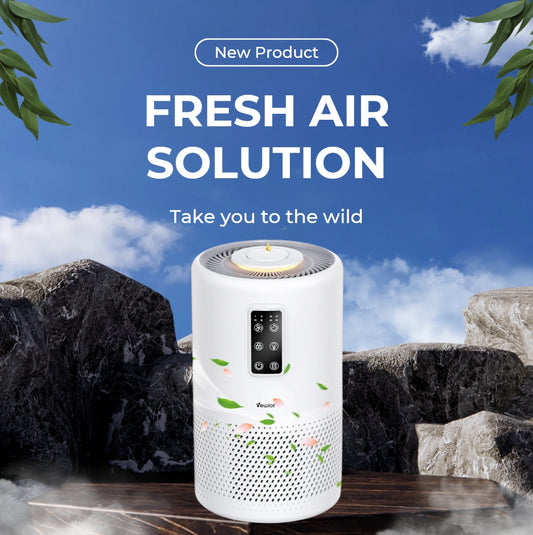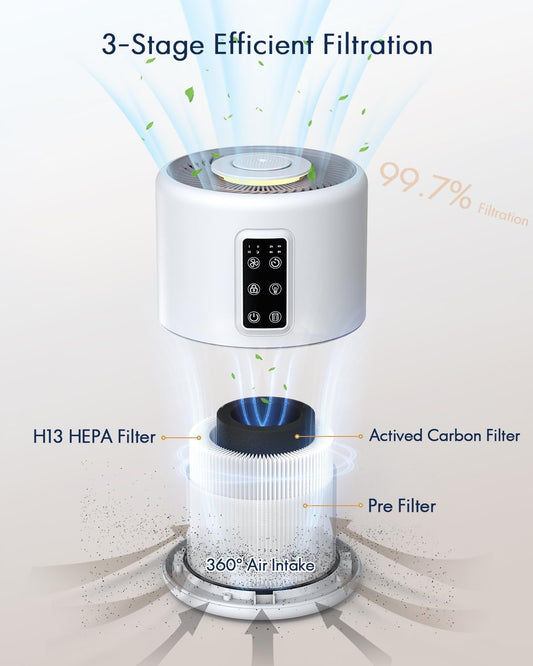When fires occur, whether due to wildfires or indoor incidents, the resulting smoke can create hazardous conditions and compromise indoor air quality. To mitigate the negative effects of smoke, many people turn to air purifiers as a potential solution. In this article, we will explore the effectiveness of air purifiers in managing smoke from fires, examining their benefits, considerations, and the role they play in creating a healthier indoor environment.
Understanding Smoke from Fires
Smoke from fires consists of fine particles, gases, and volatile organic compounds (VOCs) that can pose serious health risks. These pollutants can irritate the respiratory system, exacerbate existing respiratory conditions, and contribute to the development of cardiovascular problems. The use of air purifiers aims to remove these harmful particles from the air, reducing exposure and improving overall air quality.
The Benefits of Air Purifiers
Air purifiers equipped with high-efficiency particulate air (HEPA) filters are particularly effective in managing smoke from fires. HEPA filters are designed to capture particles as small as 0.3 microns, including the fine particles present in smoke. By using air purifiers with HEPA filters, you can significantly reduce the concentration of smoke particles in your indoor environment, leading to cleaner and healthier air.
Considerations for Choosing Air Purifiers
When selecting an air purifier to address smoke from fires, several factors should be considered:
- Size and Coverage Area: Choose an air purifier that can adequately cover the square footage of the room or area where you want to manage smoke. Consider the Clean Air Delivery Rate (CADR) to ensure efficient filtration for smoke particles.
- Filtration Efficiency: Look for air purifiers with HEPA filters that have been independently tested and certified. Ensure the filter is capable of capturing smoke particles and other pollutants effectively.
- Maintenance and Filter Replacement: Regular maintenance is crucial for optimal air purifier performance. Check the manufacturer's recommendations regarding filter replacement or cleaning to maintain efficient operation.
- Additional Features: Some air purifiers offer features such as activated carbon filters or ionizers. Activated carbon filters can help reduce smoke odors, while ionizers can enhance the purification process. Consider these features based on your specific needs.
The Role of Air Purifiers in Managing Smoke
Air purifiers play a significant role in managing smoke from fires by actively filtering and removing harmful particles from the air. However, it is important to note that while air purifiers can help improve indoor air quality and reduce the concentration of smoke particles, they do not eliminate the source of the smoke or address other potential hazards associated with fires, such as toxic gases or structural damage. It is essential to prioritize safety measures, such as evacuating during emergencies and contacting relevant authorities for professional assistance.
Supplementing Air Purifiers with Other Measures
While air purifiers are effective tools for managing smoke from fires, they should be used in conjunction with other measures to enhance safety and minimize exposure. Consider the following practices:
- Ensure Proper Ventilation: Open windows and doors to allow fresh air circulation when outdoor air quality is not compromised by the smoke.
- Follow Official Guidelines: Stay updated with local authorities' guidelines and recommendations regarding actions to take during fires and smoke events. This may include staying indoors, evacuating if necessary, or seeking medical attention if experiencing severe symptoms.
- Maintain a Smoke-Free Environment: Avoid activities that generate smoke indoors, such as smoking or using candles. Ensure proper ventilation when cooking or using household cleaners to prevent the buildup of indoor pollutants.
Conclusion
Air purifiers can be effective tools in managing smoke from fires, particularly when equipped with HEPA filters. They help reduce the concentration of smoke particles in the indoor environment, improving air quality, and minimizing health risks. When choosing an air purifier, consider factors such as size, coverage area, filtration efficiency, maintenance requirements, and additional features like activated carbon filters or ionizers.
Prioritize your health and well-being by investing in a high-quality air purifier, staying informed about fire safety protocols, and taking proactive steps to minimize exposure to smoke from fires. With the right precautions and tools, you can create a safer and more comfortable living environment for yourself and your loved ones.

